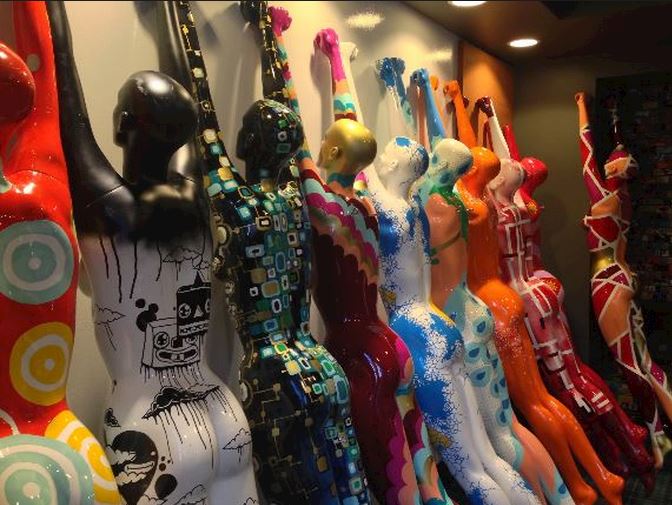 We who experienced attitudinal barriers staring us in the face were artists waiting to be rendered. We were dancers behind the curtains waiting in the wings for our curtain call. We were angry emerging specimens, angry pieces of art. We were morose, manipulated, mannequins, with people
We who experienced attitudinal barriers staring us in the face were artists waiting to be rendered. We were dancers behind the curtains waiting in the wings for our curtain call. We were angry emerging specimens, angry pieces of art. We were morose, manipulated, mannequins, with people
gawking at our visage and looking right through us, as if we did not exist.
We were unfinished and angry pieces of art. We were kept in the shadows and not in the light of day, with everyone writing our story. We did not write our own stories. We were experiments, and we were not supposed to live.
We were experimented on by all sorts of people including rehabilitation counselors, psychologists, therapists and social workers, and teachers who put a label on us as maladjusted and closed the box. Some people I knew when I was young and grew up in New York are gone now to cancer, due to rape and disappointment in life.
I don’t want to blame anyone. Everyone is complicit in society. It’s a systemic problem, and everyone reinforces everyone else’s stereotypes. Everyone drinks the same Cool-Aid. They are numb to the feelings they would have if they themselves would have a disability. It’s too frightening.
So, instead we are sitting on the sidelines. Attitudinal barriers are on both sides of the fence. People with disabilities can destroy each other. Addictive patterns can bring that level of toxicity and negativity to ourselves. We spoil our genuine empathy, and turn on each other instead of being vulnerable. We shame each other, and cover up that vulnerability.
(more…)
